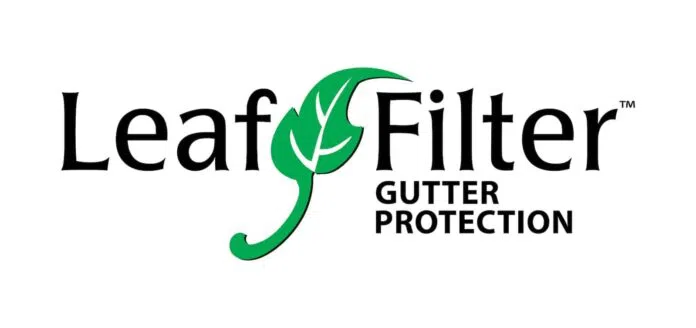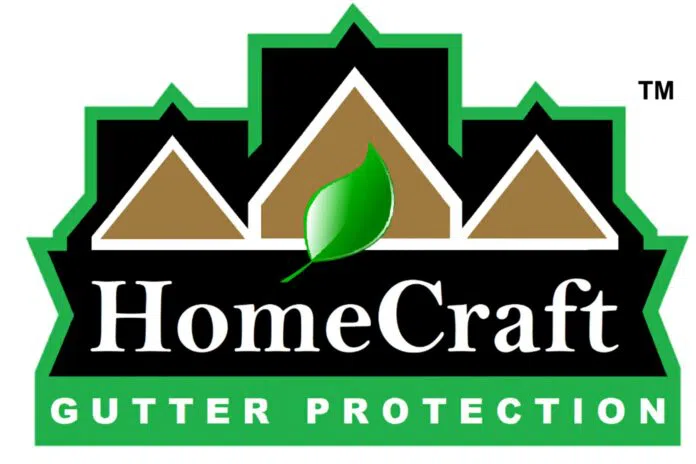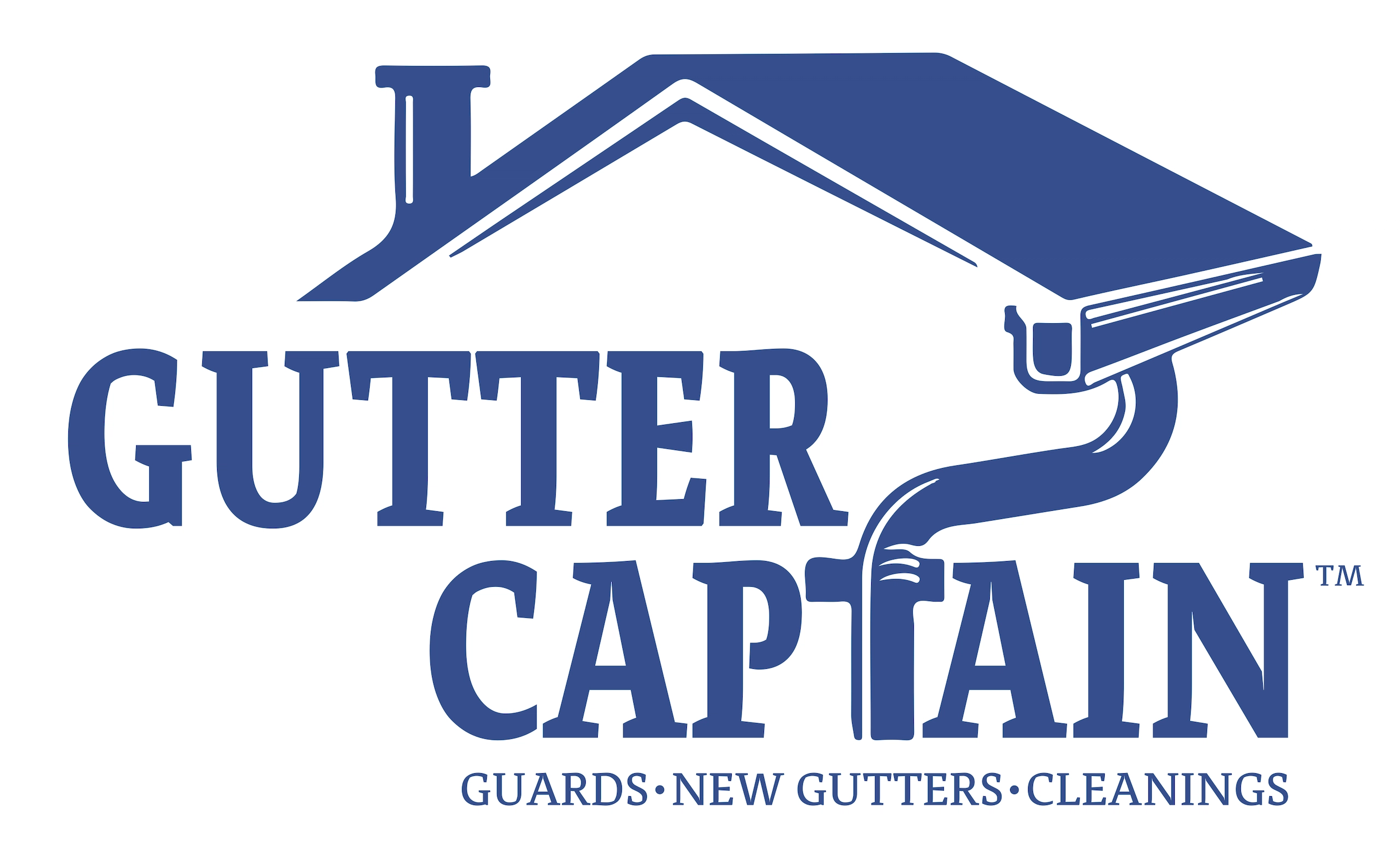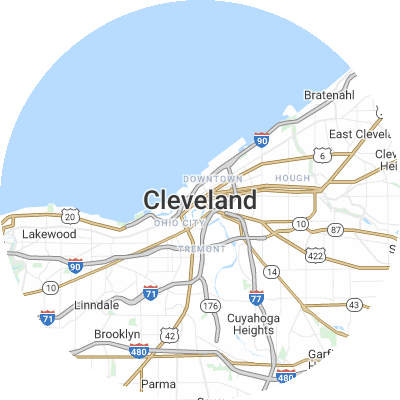Signs You May Need Gutter Guards
Gutter guards aren’t always necessary, but the signs of overflowing and clogged gutters are clear. Signals of chronic gutter issues include:
- Visibly damaged, sagging, or misaligned gutters that no longer direct rainwater correctly
- Soggy ground or visible erosion around your house's foundation
- Leaky seams or joints where water leaks out of gutters
- Frequent clogs that cause overflow and water to spill over gutters
- Mold growth, peeling exterior paint, or interior water stains on walls near gutters.
How To Choose a Gutter Guard Installer
Assess Their Experience
Look for an experienced gutter guard installation provider that has been in business for many years and has installed many different brands and models of gutter guards. These companies know how to properly take measurements and handle the installation of gutter guards on your unique home setup. Ask how long they’ve been in business and request local referrals.
Verify Proper Licensing and Insurance
When speaking with potential installation providers, always confirm that they are properly licensed, bonded, and insured with both workers compensation and general liability policies. This protects you if any accidents or injuries occur. Request current licensing and insurance papers from potential providers.
Choose Reputable Brands
Look for well-known gutter guard brands such as Gutter Helmet and LeafFilter when selecting an installer. Avoid off-brand or generic no-name guards, which likely lack thorough testing.
Seek Custom Fit Services
Guards should be custom fitted on location to match your gutters. Select a company that specifically measures and trims guards for your home rather than using one-size-fits-all guards. Guards fitted for your home leave no gaps for debris accumulation.
Examine Warranties
Leading gutter guard installers normally offer 20-year or lifetime warranties for rust, clogs, leaks, and other problems. Before choosing a company, carefully read through the warranty terms for workmanship and materials guarantees. Warranties are the most effective way to protect your gutter investment.
Check Reviews and Referrals
Take some time to look at online reviews on Yelp, Google Reviews, the Better Business Bureau (BBB), and other review sites to read customer feedback. Ask neighbors which companies they recommend for quality local gutter guard installation. When researching, look for providers with plenty of satisfied customers rather than only one or two sporadic reviews.
Types of Gutter Guards
The six primary types of gutter guards are as follows:
- Brush guards are precisely what they sound like: large brush bristles that sit in your gutters and block debris but let water through. On average, you can expect to spend $4.04 per linear foot for brush guards.
- Foam guards consist of pieces of foam that are placed in your gutters to catch debris. They're light and easy to install. On average, you can expect to pay $2.46 per linear foot for foam guards.
- Screen guards have large holes that allow water to pass through while keeping out debris. Screen guards cost roughly $4.33 per linear foot.
- Mesh guards stop debris but allow water to flow through. Mesh guards have even smaller holes than screen guards. They're durable and let debris slide off rather than sitting on top of your gutters. Mesh guards cost around $4.09 per linear foot.
- Micro-mesh guards are generally the most effective. Micro-mesh guards have smaller holes than regular mesh guards and allow even less debris through. On average, you can expect to spend $5.17 per linear foot for micro-mesh guards.
- Surface tension guards, sometimes called reverse curve guards, use surface tension to allow debris to slide off while water flows through into the gutter. They are often visible from the ground. On average, you can expect to pay $3.19 per linear foot for surface tension guards.













